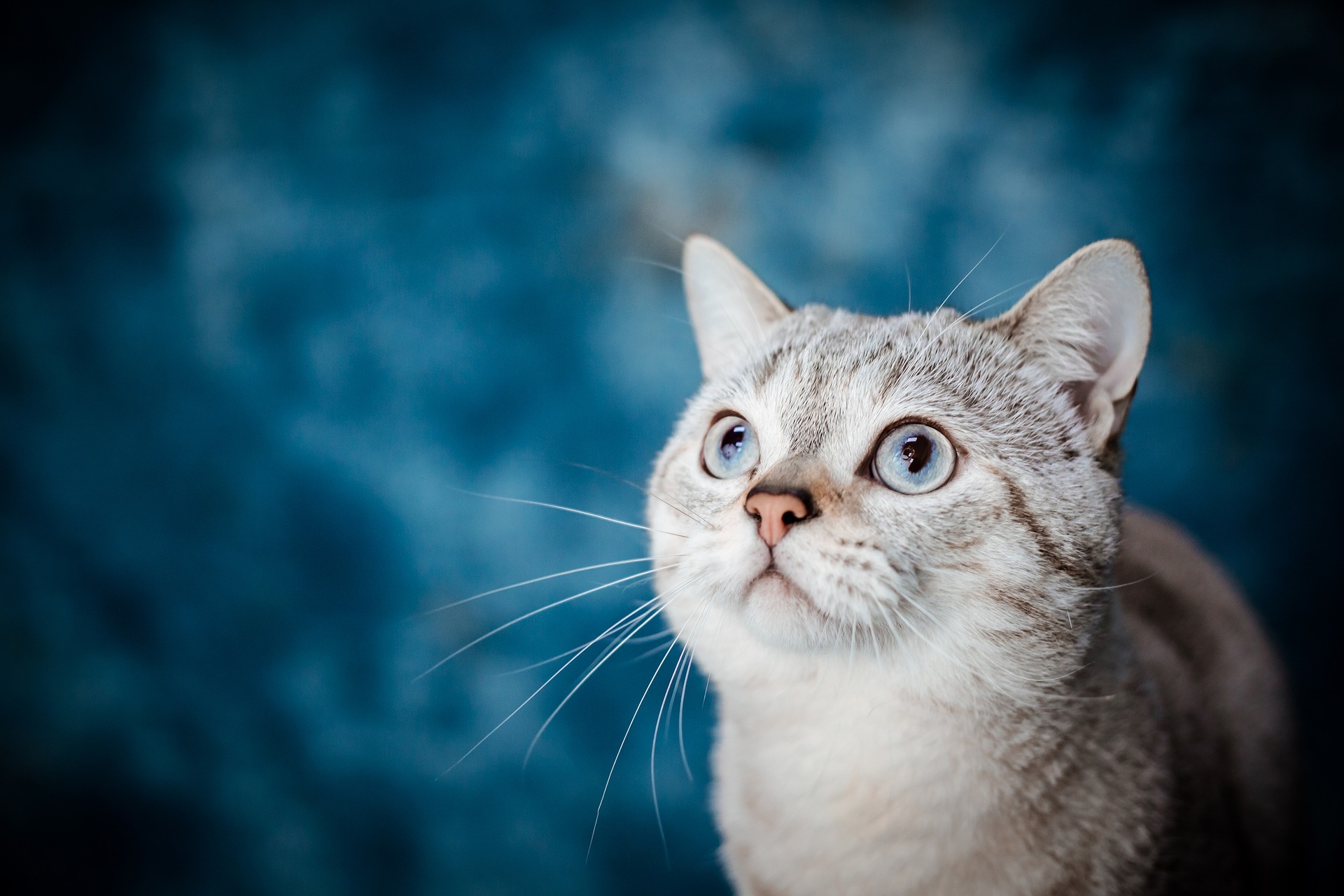The Cognitive Abilities of Cats
Do you ever wonder what's going on in your cat's mind? Understanding the cognitive abilities of cats can be fascinating, giving us insights into their behavior and how they perceive the world. Read below to learn more about feline intelligence and how it influences their behavior.

The Science Behind Feline Intelligence
Cats are one of the most intriguing species in terms of cognitive abilities. They exhibit complex behaviors, display impressive problem-solving skills, and show signs of memory recall. The feline brain structure is quite similar to that of humans, with significant development in areas responsible for complex problem-solving and decision-making.
Cats and Problem-Solving
Cats are known for their problem-solving skills. They can use their experience to solve novel problems, such as figuring out how to open a door or get to a high place. This ability to adapt to new situations and solve problems is a mark of significant intelligence in cats.
Cats and Memory
Cats have a remarkable memory. They can remember important locations, like where their food and litter box are, even after a long absence. Some studies suggest that a cat’s memory can last up to 16 hours, significantly longer than dogs. This strong memory contributes to their survival instinct, remembering where danger lurks or where food can be found.
Cats and Social Cognition
Cats are often seen as solitary creatures, but they have a strong sense of social cognition. They can recognize their owners and differentiate them from strangers. They can also understand human emotional cues, responding differently to their owner’s happiness or distress.
Cats and Communication
Cats communicate using a range of vocalizations, body language, and facial expressions. They can express a variety of emotions and intentions through these signals. Understanding these signs can enhance the bond between cats and their owners.
Useful Tips and Facts:
- Cats use their whiskers to determine if they can fit through a space.
- Contrary to popular belief, cats can be trained using positive reinforcement.
- Cats have a unique “vocabulary” with their owners – they often develop specific sounds to communicate their needs.
In conclusion, understanding the cognitive abilities of cats can help us better understand their needs and behaviors. It can also enhance the bond we share with our feline friends. As we continue to study and learn about these remarkable creatures, we can better cater to their needs and ensure their happiness and well-being.






